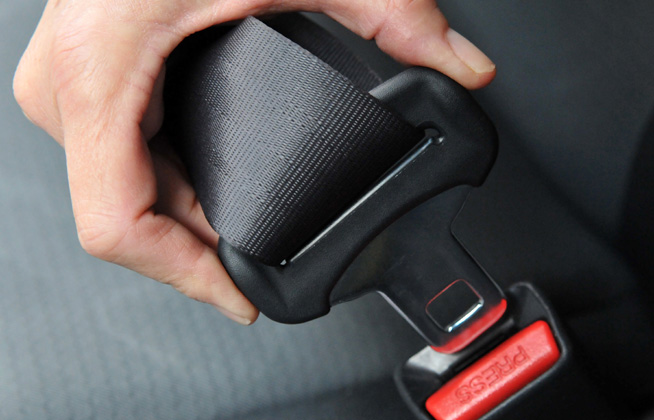A state lawmaker is introducing three motorcycle safety bills, including one to reinstate the helmet law for all riders.
Representative Dan Frankel (D-Allegheny) says since the motorcycle helmet law was repealed in 2003, there have been an increase in deaths and injuries and a decrease in the number of riders wearing helmets, including those under 21 who are still required to wear them. Frankel says youth compliance with helmet laws plummets when the law only applies to them.
Under current law, riders age 21 and older who have been licensed to operate a motorcycle at least two years, or who have completed a motorcycle safety course approved by PennDOT or the Motorcycle Safety Foundation are not required to wear a helmet.
Frankel says when people don’t wear helmets, they’re more likely to lose their lives or suffer head trauma that could leave them incapacitated. He says people who have a traumatic brain injury bear those costs for an entire lifetime.
Frankel says while “preventing tragedies is the most important reason to restore the helmet law, there are several other reasons to fix this mistake, including the cost to taxpayers and insurance ratepayers of preventable deaths and head injuries”.
Frankel announced the bills at a Capitol news conference on Monday morning. He was joined by several others, including Christopher Hart, vice chairman of the National Transportation Safety Board.
Hart says because impact trauma to the head is the most common single cause of motorcycle deaths, helmets save lives and helmets prevent injuries. He added that helmets also save untold dollars in health care and rehabilitation costs.
Representative Frankel says research by the University of Pittsburgh estimates that just the additional head injuries suffered since the repeal of the mandatory helmet law have cost the Commonwealth approximately $18 million in hospital charges and $55 million in long-term care annually.
The other two bills would require special license plates for motorcyclists under age 21, so they could be more easily identified and require proof of sufficient insurance and long term disability coverage for those riders who choose not to use a helmet.











